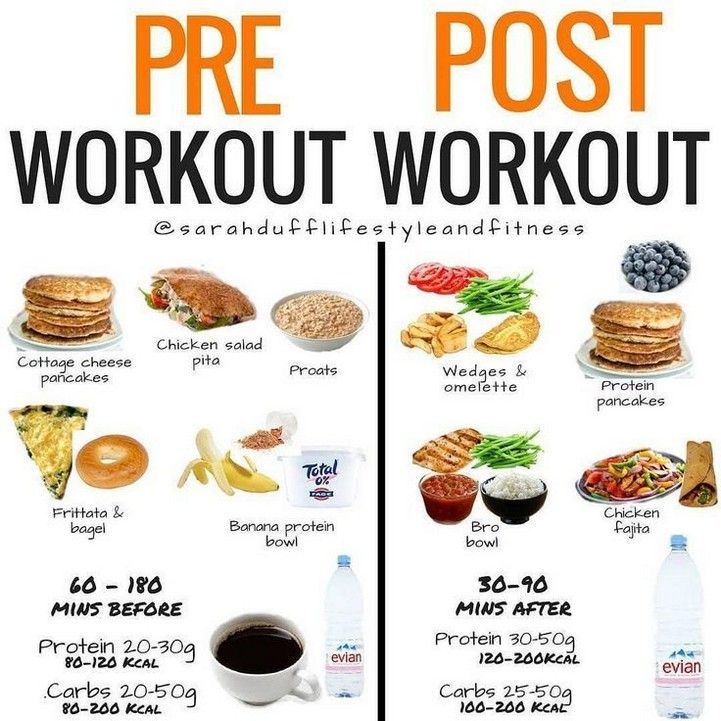Bodybuilders strive to achieve optimal muscle growth and performance through intense training and strict nutrition plans. While the importance of overall macronutrient and micronutrient intake cannot be underestimated, the timing of these nutrients is also crucial for maximizing results. In this article, we will explore the significance of pre- and post-workout meals for bodybuilders and discuss the ideal composition and timing of these meals.
The Significance of Pre-Workout Meals
A well-planned pre-workout meal is essential for bodybuilders as it provides the necessary fuel for the upcoming training session. The primary goals of pre-workout nutrition are:
Energy: Consuming carbohydrates before a workout ensures a sufficient energy supply to sustain intense physical activity.
Performance: Adequate protein intake before training helps provide amino acids necessary for muscle repair and growth, improving overall performance.
Preventing Muscle Breakdown: High-quality protein sources also prevent muscle breakdown during exercise, especially when combined with an adequate carbohydrate intake. This helps preserve muscle mass and optimize muscle building.
When planning a pre-workout meal, consider the following:
Timing: Ideally, consume a meal 1-3 hours before your workout to allow for digestion and absorption.
Composition: Include a balance of carbohydrates and protein. Complex carbohydrates, such as whole grains, fruits, and vegetables, provide sustained energy, while proteins like lean meat, fish, eggs, or dairy supply amino acids for muscle repair and growth.
Hydration: Drink water or fluids containing electrolytes to ensure proper hydration. Avoid caffeinated beverages, as they may cause dehydration.
Optimizing Post-Workout Nutrition
Post-workout nutrition is crucial for bodybuilders to promote recovery and muscle growth. The primary goals of post-workout meals are:
Repair and Recovery: Protein intake post-workout provides essential amino acids to repair damaged muscle fibers and promote muscle recovery.
Muscle Protein Synthesis: Consuming carbohydrates along with protein stimulates insulin production, which enhances muscle protein synthesis, leading to muscle growth.
Replenishing Glycogen Stores: Intense workouts deplete glycogen stores in the muscles. Consuming carbohydrates after exercise helps replenish these stores, enabling better performance in subsequent training sessions.
To optimize post-workout nutrition, keep the following guidelines in mind:
Timing: Consume a meal or snack containing carbohydrates and protein within 1-2 hours post-exercise to take advantage of the optimal anabolic window.
Protein Intake: Aim for about 20-30 grams of high-quality protein to promote muscle repair and growth. Examples include whey protein, lean meat, poultry, fish, eggs, or plant-based protein sources like soy or pea protein.
Carbohydrate Intake: Consume approximately 0.5-0.7 grams of carbohydrates per pound of body weight to replenish glycogen stores. Opt for sources like whole grains, fruits, or starchy vegetables.
Hydration: Rehydrate by drinking water or fluids containing electrolytes to replace the fluids lost through sweat during exercise.
Additional Considerations
While pre- and post-workout nutrition are pivotal for bodybuilders, other factors should also be taken into account:
Individual Variation: Personal preferences, tolerance to specific foods, and digestive capabilities vary among individuals. Experiment with different foods and meal timings to find what works best for your body.
Supplementation: Supplements like creatine, branched-chain amino acids (BCAAs), or beta-alanine can be added to pre- and post-workout meals to enhance performance, support muscle growth, and aid in recovery. Always consult a healthcare professional before using any supplements.
Consistency: Consistency in meal timing and nutrient intake is crucial for maximizing results. Stick to a routine that works for you and ensures regular fueling and recovery.
Conclusion
For bodybuilders, pre- and post-workout meals play a vital role in maximizing training performance, muscle growth, and recovery. A well-planned pre-workout meal provides essential energy, enhances performance, and prevents muscle breakdown. Post-workout nutrition, on the other hand, focuses on repair, muscle protein synthesis, and replenishing glycogen stores. By carefully timing and composing these meals, bodybuilders can optimize their results and achieve their fitness goals more effectively.
